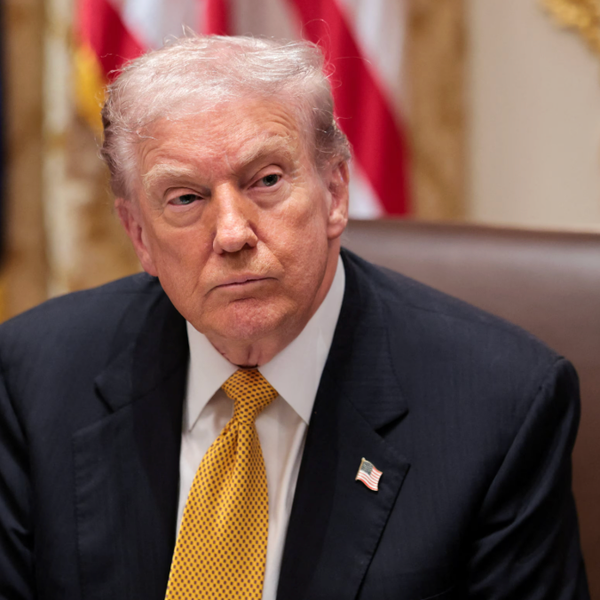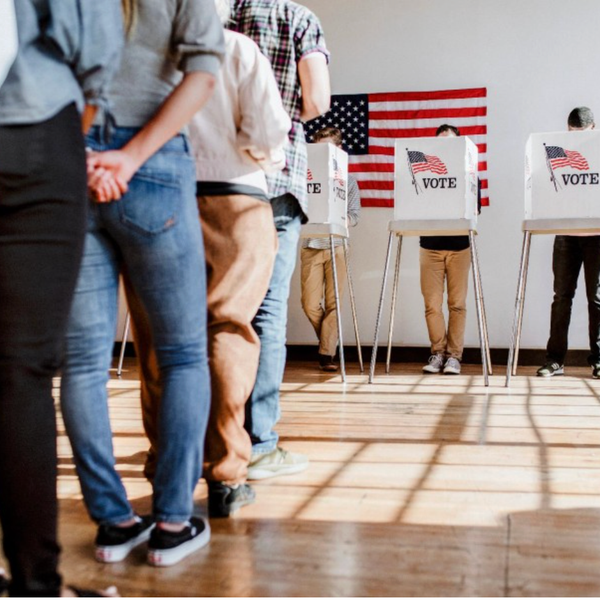
Reprinted with permission from DCReport.
The Trump administration is continuing its war against unions by trying to make it harder for lowly paid home healthcare workers to pay union dues.
The workers, whose hourly pay is about $10.50 to about $12, can have their union dues taken out of their paychecks from Medicaid. Third-party payments, which sometimes include union dues, are currently allowed in 11 states, including California, Illinois, Missouri and New Jersey, but a proposed federal rule would end that.
“This proposed rule is intended to ensure that providers receive their complete payment, and any circumstances in which a state does divert part of a provider’s payment must clearly be allowed under the law,” said Tim Hill, the acting director for the Center for Medicaid and CHIP Services.
Unions may collect as much as $71 million in dues that support their efforts to negotiate better working conditions for home healthcare workers who help the elderly and disabled stay out of institutions. The median caregiver turnover rate last year, 66.7 %, was the highest since 2013.
An estimated 90% of home health aides make less than $31,000 a year with a median annual pay of about $23,100.
Action Box/What You Can Do About It
Comment online by Aug. 13 or send comments to Centers for Medicare & Medicaid Services, Department of Health and Human Services, Attention: CMS-2413-P, P.O. Box 8016, Baltimore, Md. 21244-8016.
Contact CMS Administrator Seema Verma on Twitter, call her at 202-619-0630, or email her at Seema.Verma@cms.hhs.gov.
Unions that represent home healthcare workers include Service Employees International Union, the American Federation of State, County and Municipal Employees and United Domestic Workers of America.
“The proposed rule targets these home care workers and is designed to stop them from contributing their own wages to support their union in the same way that teachers, police and firefighters do,” SEIU said in a statement.
Union opponents have fought unionization efforts in states like Missouri where a lawsuit financially backed by a Springfield, Mo., company prevented the start of negotiations for years.
A string of court cases decided by conservative judges have made it more difficult for unions to collect dues. In Janus v. AFSCME, the Supreme Court decided 5-4 that public employees do not have to pay union fees to help cover the costs of collective bargaining.
In 2014, in Harris v. Quinn, the Supreme Court ruled that Illinois home care workers can’t be forced to financially support a union they didn’t want to join.
If the proposed rule goes through, home health workers can still make payments on their own, but it is unclear how many of them will.








